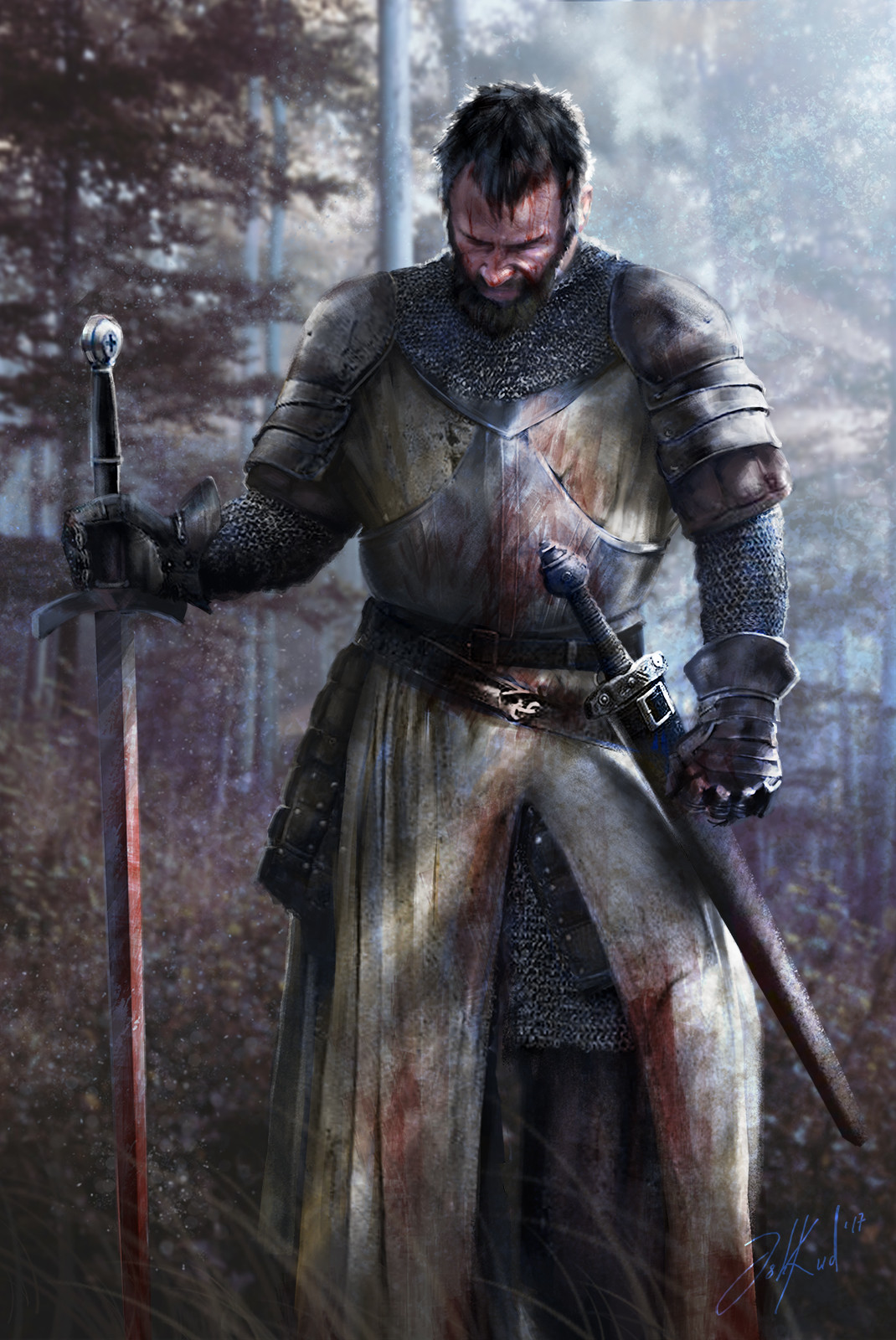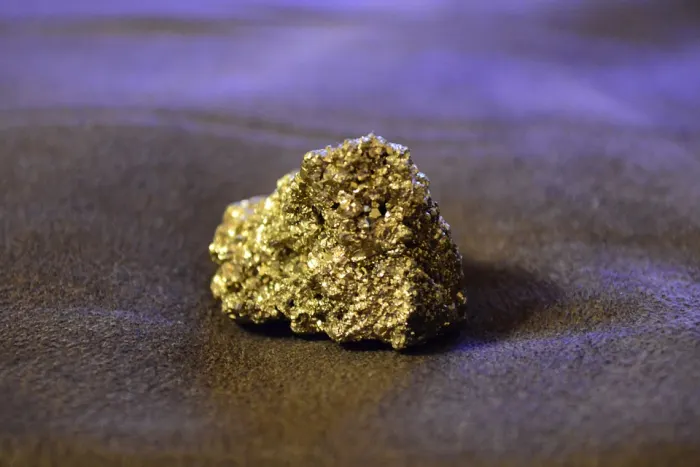Of Riders and Steeds
Twelfth of Olweje-hamba (Olweje Descendent), 1349 A. L. (After Landfall)
Clapping along with the crowd you watch in rapt attention as the woman, twists and turns, like a reed in the wind, like a feather in the air until at last she leaps backwards landing on her hands on the platform of the house behind her and descends the narrow stair to walk among the chattering crowd and to take possession of something rather more solid than mere cheers. It is only now that you notice the short shaven headed man with a brass eye in his scarred face, a clay bowl at his feet waiting for the clink and thump of various offerings. Not that one would find any golden Icari here, worth more than a year's work for even one of the well-off folk of Farshore and even bronze and copper are present more often in tale than in fact. For the most part the bowl fills with bits of dry meat and fruit, polished stone beads and shells dredged up from the river.
So when you do flip a half-icari into the pot the man looks at you with a gimlet eye and the woman is no slower to turn towards you, though the bright smile she flashes you has the seeming of someone accustomed to making a show of good cheer and gratitude as much as of her dancing.
Far be it from me to find fault with another's craft, you think and with a smile of your own offer. "Hail and well met my lady, fair is the day and fair the company." It is only when the words are out of your mouth that you realize that they might be taken as flirting and add. "And fair it is to meet one, tho is not afraid ta deal bluntly with those with more hair than whit."
Thus you fall into explaining your own circumstances meeting Bragi as well as something of your history, a sellsword yes, but one who has laid down roots and had strong walls about his hearth. As to what interest you might have in a dancer from Humbai who entertains the nobility you confess that you are curious about the city, having heard of it from two priests of the Living Flame, but know little of its people beyond that.
"An honest soldier is better company than a slick-skimmed noble," the dancer Amara says, though you notice her companion look less than convinced, perhaps at the very notion of an 'honest soldier' existing
Added Amara the Dervish Dancer invited to stay in Wayfarer's Respite for until the end of next turn
***
Thirteenth of Olweje-hamba (Olweje Descendent), 1349 A. L. (After Landfall)
So it is that as evening falls on the next day you come home with strange visitors and ponder your steps. Even with Neverborn on the loose in the city and walls to raise and roofs to put up within the span of the keep wild horses will not wait, or to be more exact the wild horses will wait fine, but Hengo Peryswill not., You promised the merchant a chance to breed your own uncanny stock with some of the local wild steeds in the hope of making a more robust beast that can stand up to the horned mounts of the Yayar in battle.
Alas the Yayar are likely to be a more immediate danger than that. According to what Zaia had been hearing it is not just Orinilu that suffered from poor crops last spring, the herds of the tribes grow lean with stronger bands driving out the weak from their grazing grounds to break against the walls of the coastal cities. Quite apart from you killing one of their chieftains there is plenty of reason to think you will not get out of this without some kind of confrontations with the wandering tribes. But should you wager for a peaceful one or prepare for blood
Zaia would likely be the most skilled in dealing with them at least in the abstract and Swift Pebble should be a understandable enough companion, one of the Speakers among the beasts of the land, but Esha.... as Hengo explains it to you bringing one 'half dead' against the riders is likely as not to raise their ire or terrify them into flight, with little room between.
Who do you bring on your horse taming expedition?
[] Write in
OOC: Gah... this was a struggle to get through, hope it works. 

/fototapety-bily-kun-hrebec-izolovanych-na-sedem-pozadi.jpg.jpg)




 "Last edited: Sep 23, 2022"
"Last edited: Sep 23, 2022"